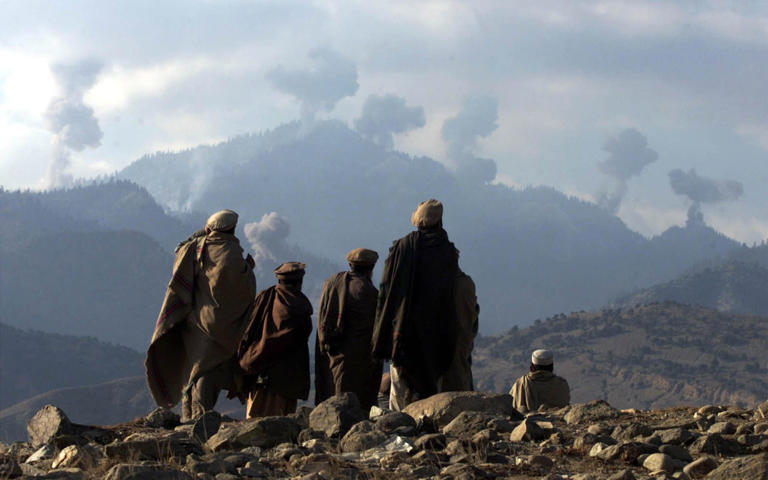by Matthew Henderson 1 December 2023 The Telegraph
The powers that choose to play the Great Game on the border between Pakistan and Afghanistan have never prospered. Despite the courage of generals and the brains of political agents, their best-laid plans – whether British in the 19th century, Russian in the 20th, or American in the 21st – have generally ended in disaster and retreat. Now it seems that China – which has long treated Pakistan as its client and proxy in a push for a defining regional role, most recently through the Belt and Road Initiative – faces the same fate. How has this come to pass?
Gwadar Port was meant to become this foothold, the jewel in the crown of the Asian belt and road, and a China-controlled funnel for trade not only from its own economic powerhouse but also its allies in Central Asia. The voyage from China via the Malacca Strait to the Gulf is around 10,000 kilometres; steaming from Gwadar knocks 7,500 kilometres off the journey, and a great deal of geo-strategic risk as well. But what of the 2,500 kilometres land route from Xinjiang to the sea, through Balochistan, skirting the lawless frontier of Afghanistan?
Lethal attacks on Chinese infrastructure engineers have followed, despite Pakistani soldiers being stood up to protect them. Savage counter-terrorism actions in Balochistan have failed to protect the Chinese from intense resentment among local groups, who see their presence as appropriating local homelands. Beijing’s own security details are entirely out of their depth.
History confirms the need for caution. In 1841, William Macnaghten, the British political agent in Kabul, decided to cut back the “subsidies” (bribes) paid to local militants. Soon afterwards he was beheaded, chaos ensued and the first British withdrawal from Afghanistan began. It seems that the much-vaunted “China Dream” is turning into a familiar nightmare – one that may also end in an inglorious Imperialist graveyard.

